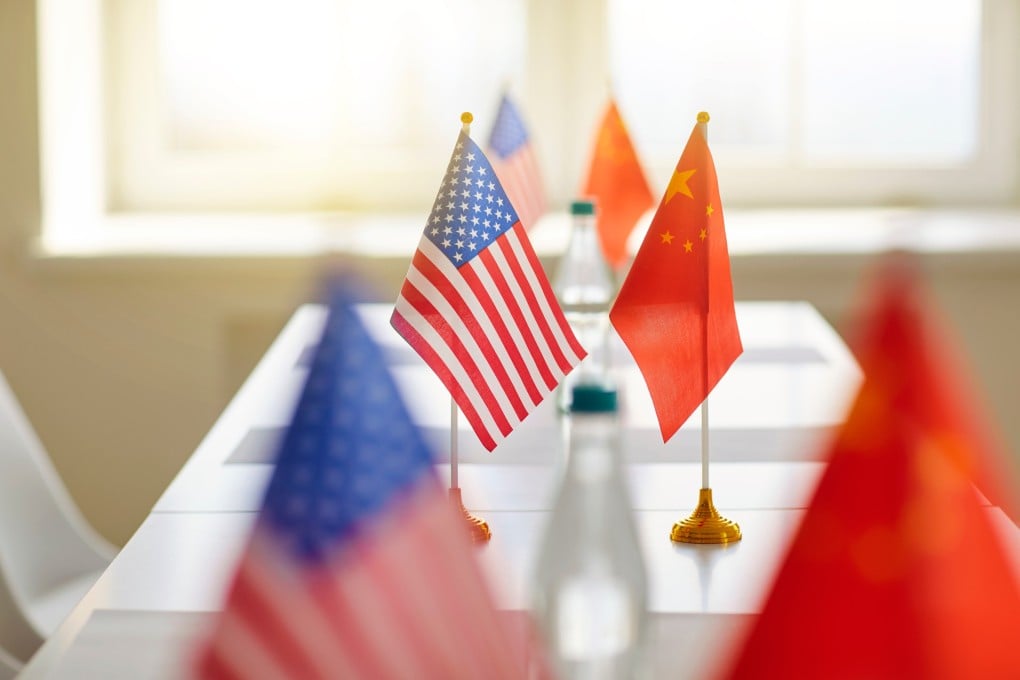Seminal US-China science pact renewed for 5 years with ‘guardrails’ for researchers, data
Substantial revisions include enhanced inter-agency review, but backlash from some Republicans was swift

Representatives of the Chinese and American governments signed the new deal in an “exchange of notes” in Beijing on December 13, the mainland’s Ministry of Science and Technology said in a statement on Friday.
The agreement contains “guardrails” like “strengthened provisions on researcher safety, dispute resolution and data reciprocity”, according to the US State Department. It also includes enhanced inter-agency review within the US government of current and future cooperation initiatives, a spokesperson for the department said.
For decades, the STA fostered scientific collaboration by providing a legal and political framework for American and Chinese researchers to secure funding and pursue joint projects.
